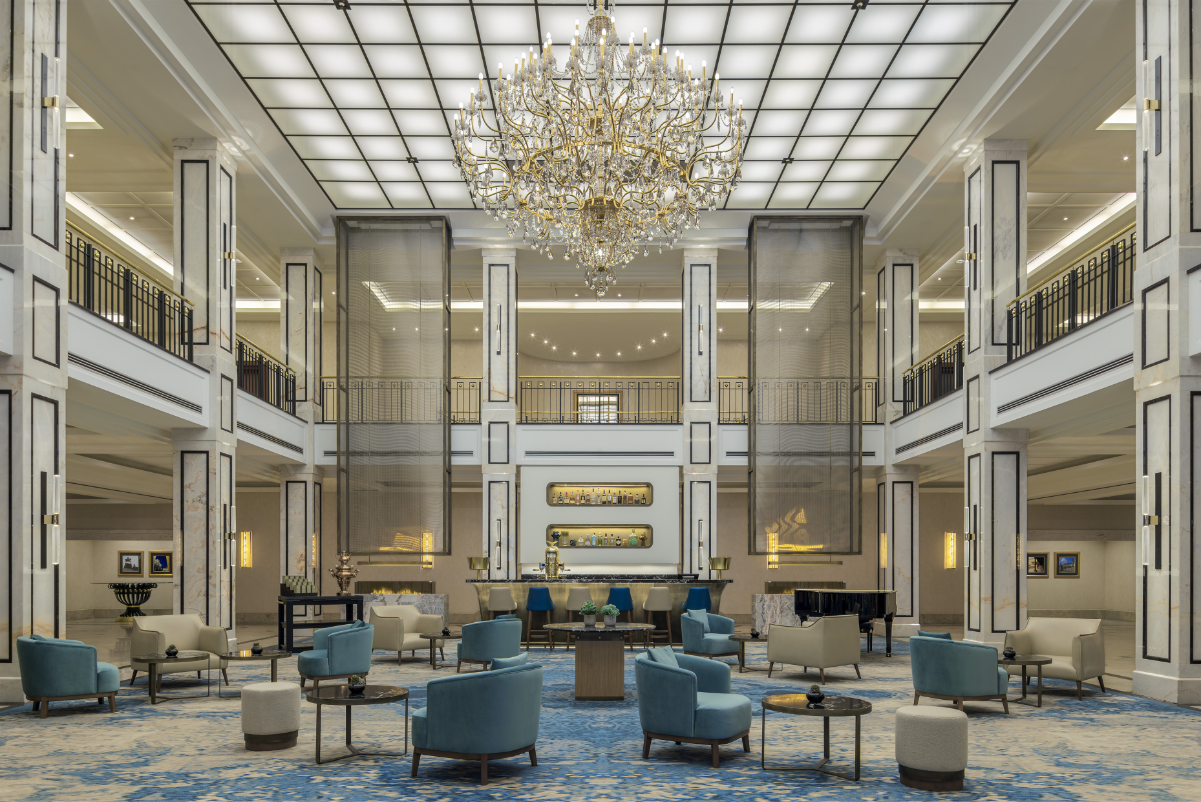Marriott's Record Quarter Boosted by Rebound in Luxury and Group Bookings

Skift Take
Marriott International ended 2022 with a robust performance thanks to the post-pandemic resurgence in travel, the company said on Tuesday. It enjoyed record fourth-quarter average room rates, profit at its managed hotels, hotel development plans, and sign-ups for its co-branded credit cards.
"Our performance in 2022 was terrific," said CEO Anthony Capuano of the company's fourth-quarter earnings. "We believe there's still further upside in 2023, especially now that China's borders have reopened."
The Bethesda, Maryland-based company — operator of more than 30 hospitality brands ranging from Ritz Carlton to Fairfield Inn — saw in the fourth quarter its average daily rate worldwide come in 13 percent higher than in the comparable pre-pandemic period.
Of note, Marriott — which has 598 luxury properties, up 13 percent since before the pandemic — saw its U.S. and Canadian luxury hotels command a $431 average daily rate last year, which was up 18 percent from $364 a night in 2019. The company's luxury properties stand to disproportionately benefit from the full recovery of cross-border travel as the Chinese return to traveling in large numbers.
Group bookings — one of the slowest segments

